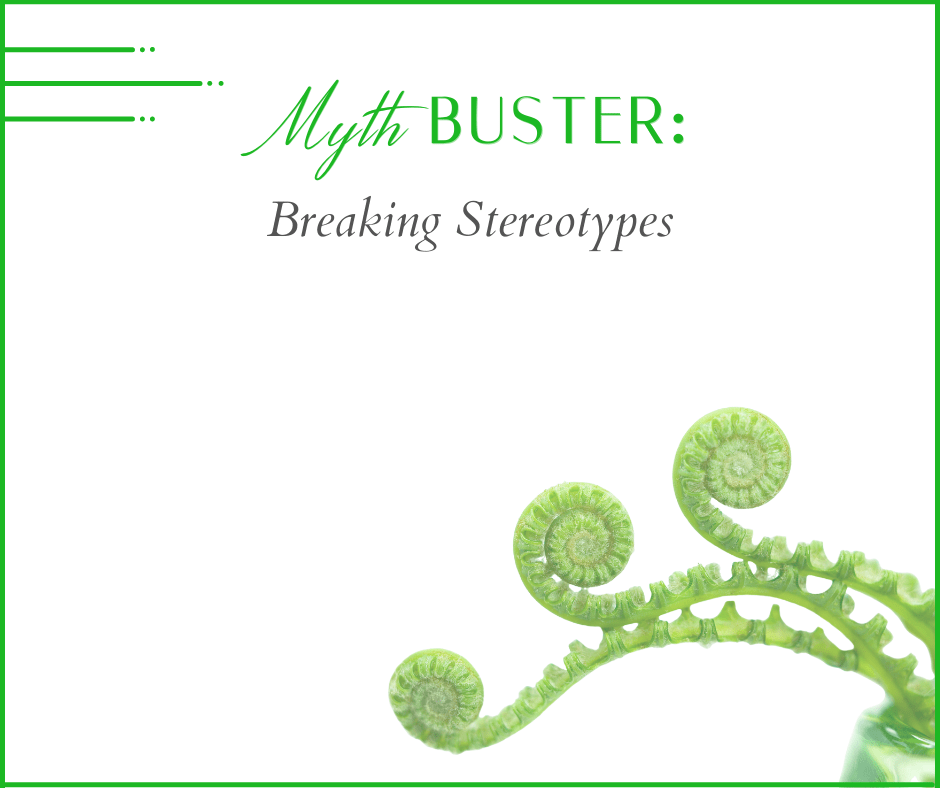Since humans first put stick to cave wall, in almost every type of image–moving or in print–where older adults are portrayed, the creator gives us one or more of the perceived shortcomings listed above. (This doesn’t include the ads for Viagra and the like, where the fit, handsome, and vitally alive, silver-haired fox looks longingly at the beautiful and equally toned and vital woman of a certain age.) The term for this systematic stereotyping is called “ageism.”
This term came into existence in 1969. Before that no word existed to describe the pervasive prejudice against people with seasoning, experience, and wisdom. Now here is the most surprising piece: younger and older adults hold similar stereotypes about aging–how can that be when we are now looking out the eyes of an older adult? I certainly don’t think of myself as mentally deficient, or slow and creaky.
Unfortunately, that stereotyping is true because there are almost always (unless you are a centenarian) people who are older than we are on whom we can attach the list of stereotypes. Ageism is one of the last socially acceptable prejudices. Society, in general, still tends to categorize older adults into one of three subtypes: grandmother types–helpful, kindly, serene, wise, trustworthy; elder statesman–intelligent, competent, aggressive, intolerant; generic senior citizen—lonely, old-fashioned, weak, genderless (and for sure, asexual!)
Adding to the unrealistic view of older adults, these automatically activated stereotypes subconsciously guide our behavior toward older people and how we communicate with them. Patronizing talk, including slower speech, simpler vocabulary, careful enunciation, a demeaning emotional tone, and the adoption of superficial conversation are telltale signs our implicit negative stereotyping is kicking in. Even sadder, women have suffered from greater ageism than men.
Now for some good news? There is a sea-change coming. More and more films and television programs are accurately depicting older adults as vibrant, energetic, smart, funny, and completely with-it.

